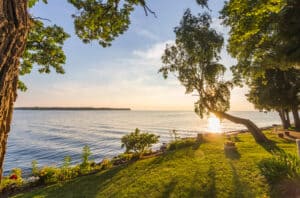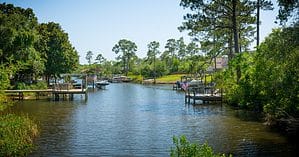Washington state is essential along the Pacific Coast as a hub of economic activity and natural wonder. With globally influential cities like Seattle and Spokane, the Evergreen State is renowned for its abundant forests, glacial peaks, salmon-rich waters, and trailblazing companies. But how did Washington get its eminent name in the first place?
The region’s prestigious title pays tribute to one of America’s most respected Founding Fathers. Yet the origins and significance behind its naming are not as widely recognized. Before European settlers arrived, native tribes had their descriptive names for the mountains, rivers, and settlements that would become Washington state. Before gaining statehood, it underwent various identity shifts under different explorers, fur traders, and territorial officials.
While honoring a key leader of America’s founding era, the name “Washington” also reflects the pioneering spirit and prosperity of the Pacific Northwest. Let’s explore the little-known history behind the distinguished name of the Evergreen State.
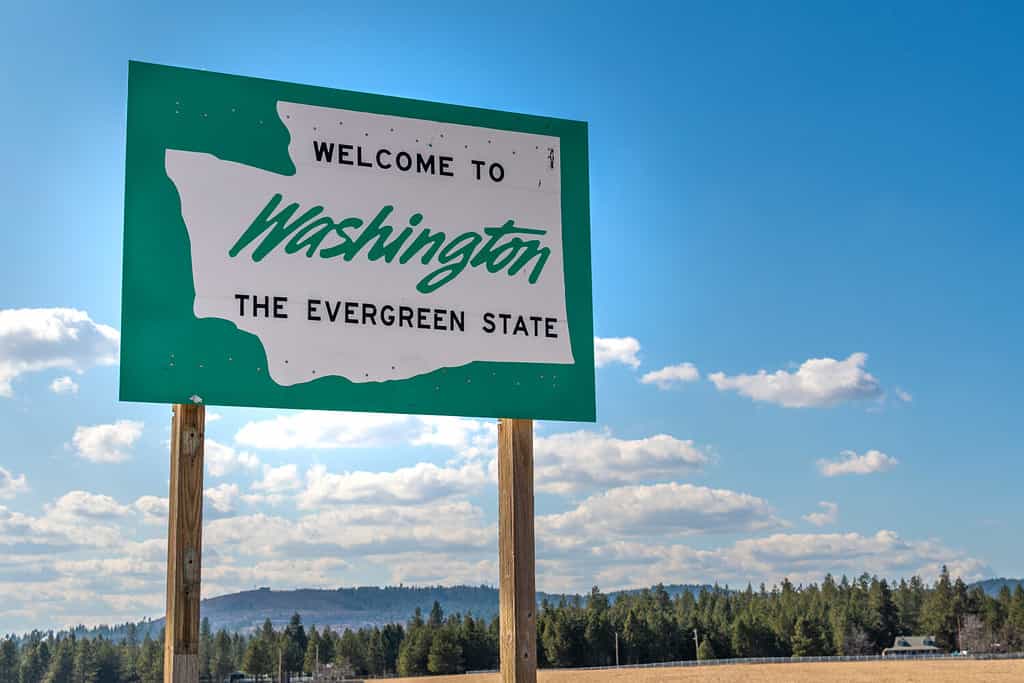
Before Europeans arrived, Washington was home to indigenous people like the Duwamish, Spoke, and Chinook.
©Kirk Fisher/Shutterstock.com
Native American Heritage
Long before the arrival of Europeans, Washington state was home to indigenous peoples like the Chinook, Spokane, and Duwamish. They prospered in this region’s forests, rivers, and coastlines for thousands of years. These tribes had their names for their ancestral lands’ mountains, rivers, and settlements. This heritage lives on in modern Washington places like Seattle, Spokane, and Walla Walla that stemmed from original Native words.
“The name ‘Seattle’ originates from the Salish term signifying ‘prominent one’ or ‘leader.’ This is a tribute to the esteemed Chief Seattle, a respected figure among the Duwamish tribe.”
Spokane comes from a Salish word connoting “Children of the Sun,” describing the Spokane tribe’s relationship with the sun. Names like Walla Walla were descriptive of local geography – it means “many waters” in the Chinook language.
Through their naming, indigenous peoples expressed their historical and spiritual ties to the region for countless generations before European settlers arrived. Their heritage is still seen in the native-inspired names found across Washington.
Naming by Explorers
It wasn’t until the late 1700s that Spanish and British explorers sailing the Pacific Coast came across the Washington area. During this time, they bestowed European names on newly discovered landmarks. Seeking the mythical Northwest Passage, Spanish Captain Bruno de Heceta named prominent features like the Columbia River in the 1770s.
In 1792 Captain George Vancouver of the Royal Navy surveyed Puget Sound, naming settlements like Port Townsend and Port Gardner after crew members. Lewis and Clark gave frontier names as they charted more of the Pacific Northwest. Some names were like the Palouse River and Mount St. Helens for their discoveries.
The region containing today’s Washington state was loosely referred to by explorers as the “Oregon Country” in the early 19th century. This was before more organized mapping and settlement began.
Fur Trade Frontier
The profitable fur trade brought the first Europeans and Americans to establish permanent footholds in Washington in the 1810s. The British Hudson’s Bay Company operated trading posts along the Columbia River, while American traders founded Spokane House.
As parts of the Oregon Country came under U.S. control by the 1840s, the area was known informally as “Northern Oregon” before gaining separate territorial status. But there was a growing desire for the Washington lands to establish their own unique identity.
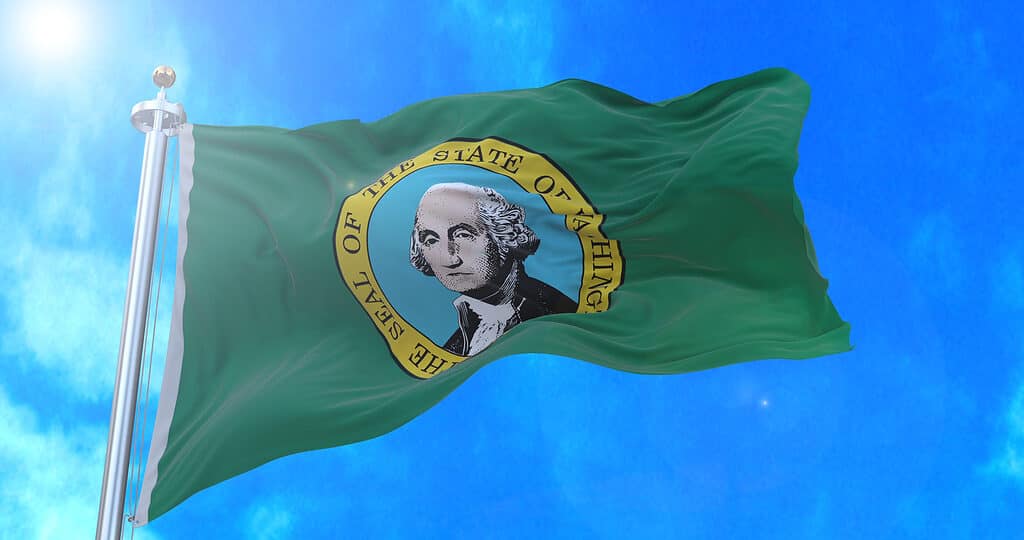
Washington is named after America’s first president and founding father.
©iStock.com/bodrumsurf
Birth of the Washington Territory
It was in 1853 that the region became the Washington Territory, partitioned off from the Oregon Territory. Congress chose Washington to honor America’s heroic first president and Founding Father, George Washington.
Frontiersman and settlers’ representative Columbia Lancaster had lobbied for establishing a distinct territory named after Washington, believing it would bring greater prestige and congressional approval. President Millard Fillmore signed the act creating the Washington Territory on March 2, 1853.
While some pioneers preferred using Columbia or other descriptors for the region, the desire to honor George Washington prevailed in deciding the new territory’s eminent title.
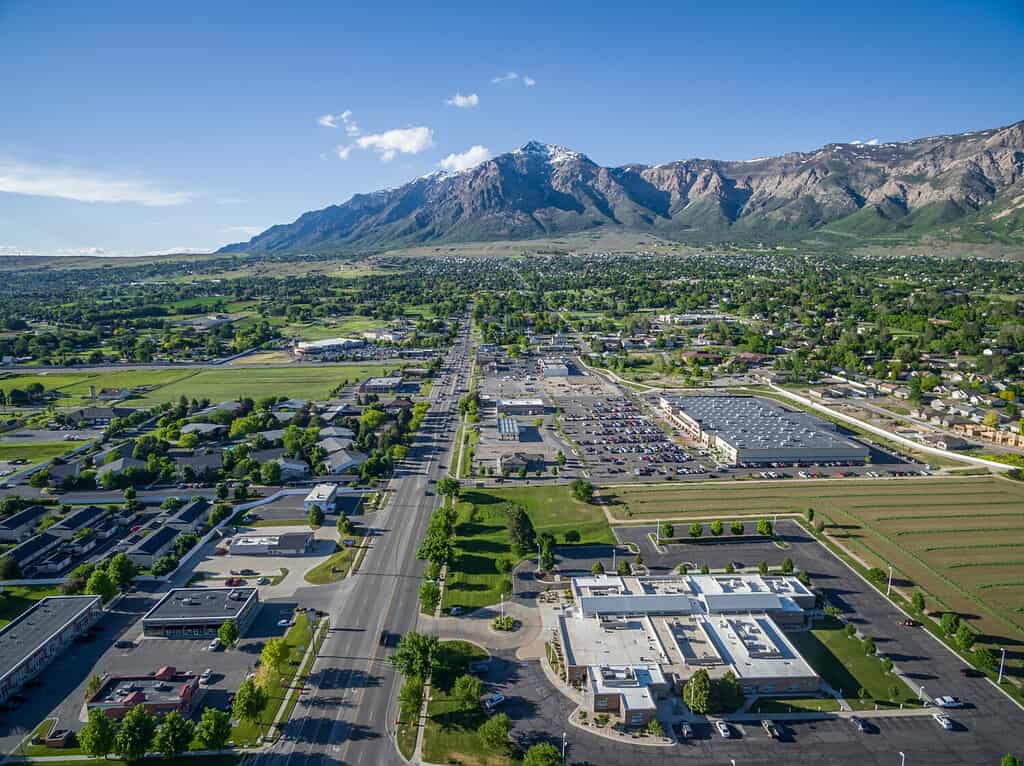
Washington was granted statehood in 1889.
©Guy In Utah/Shutterstock.com
Becoming the Evergreen State
After operating as a U.S. territory for decades, Washington was finally granted statehood in 1889, becoming the 42nd state admitted to the union. Some citizens wanted to reconsider naming it something besides Washington, concerned about possible confusion with Washington, D.C.
But business interests argued keeping the Washington name would bring greater credibility and recognition. When it came to a vote, citizens chose to maintain the title in respect of America’s first president.
The name Washington recalls the nation’s early history and democratic ideals. But it has also come to signify the pioneering, innovative spirit of the Pacific Northwest. As the Evergreen State, Washington has lived up to its distinguished name through leadership in aviation, technology, winemaking, and beyond.
The forests, rivers, and coasts that supported native tribes for centuries enabled Washington to prosper through industries like lumber, fishing, shipping, and agriculture. Natural riches combined with ingenuity and an entrepreneurial drive make Washington well deserving of its eminent name. While rooted in American history, the name Washington symbolizes this forward-thinking Pacific state.
The photo featured at the top of this post is © Kirk Fisher/Shutterstock.com
Thank you for reading! Have some feedback for us? Contact the AZ Animals editorial team.




